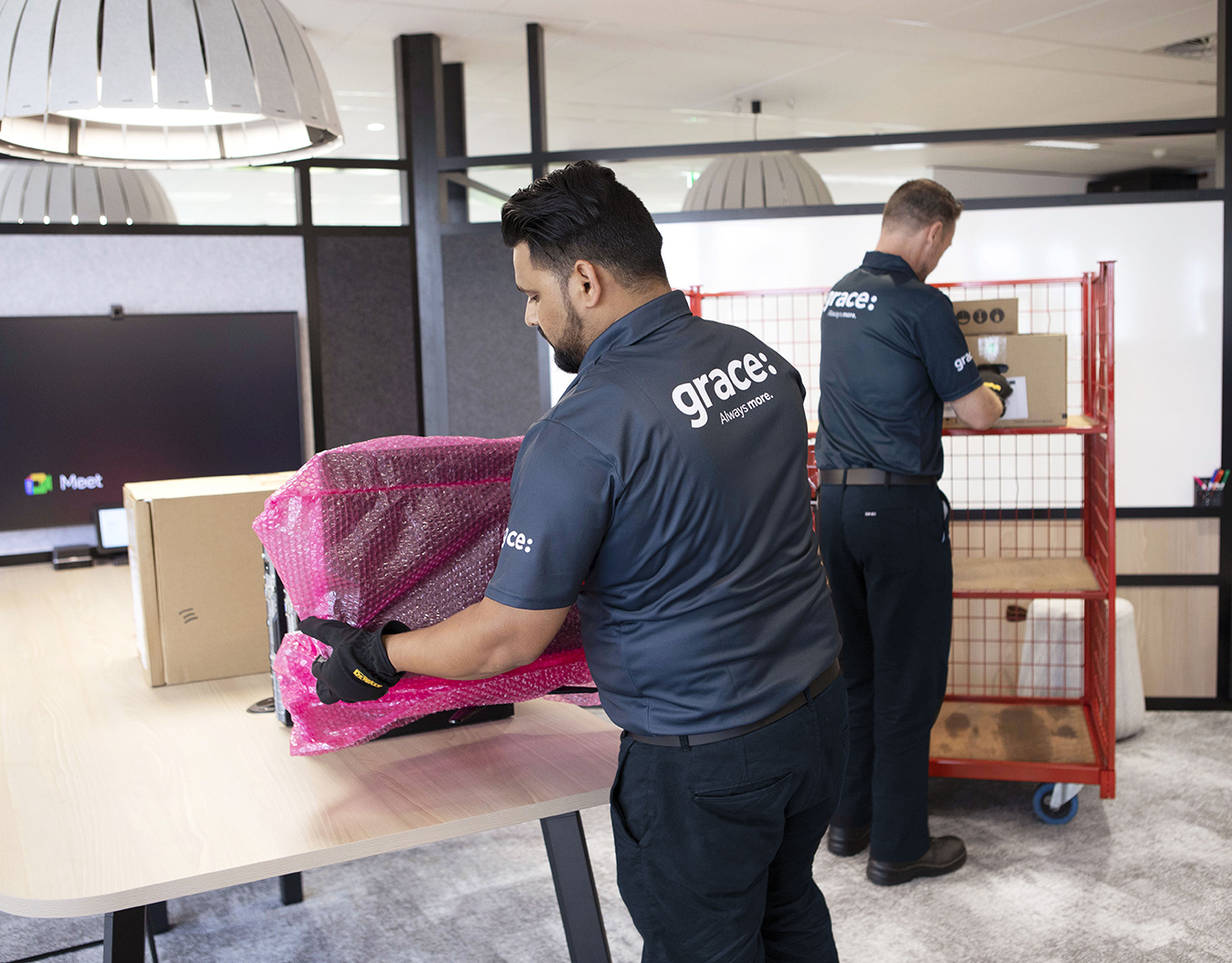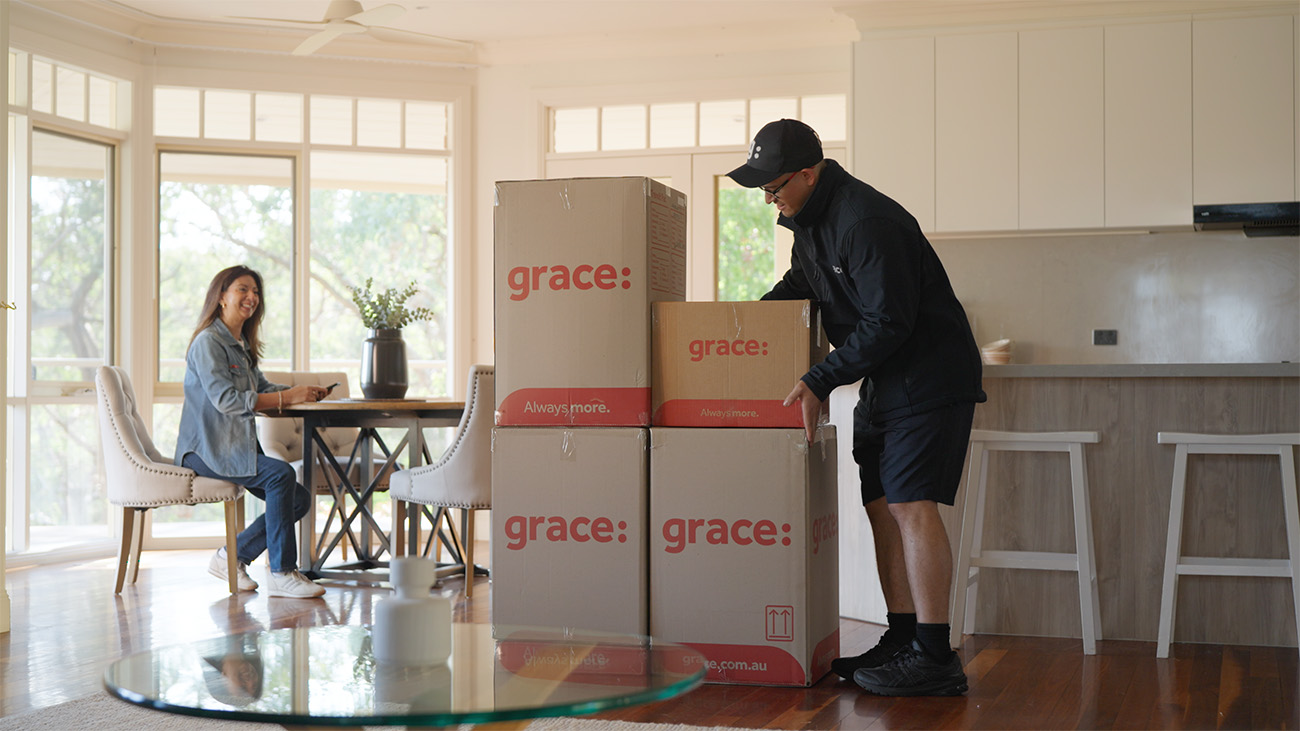Listen to the podcast here: Grace Always More Podcast
The international travel landscape is shifting and evolving and will continue to do so, with countries imposing COVID-19 border restrictions and quarantine periods. This has significantly impacted visa and immigration policies, and the Australian Government has been forced to adapt the visa and immigration program accordingly.
The Family Reunion visa focus has changed with the government now discouraging family reunion visas for parents. Apart from the visa process taking an inordinate time and often exceeding the life expectancy of the family members concerned, the fees imposed is in excess of AUD40,000 for an individual, which is beyond the reach of many families. According to reports, there is currently a backlog of over 50,000 parent visa applications awaiting approval, with only 1,500 available spaces.
In early 2021 the Government again reviewed the newly introduced COVID-19 concession visa in response to the pandemic, which is available for those disadvantaged by border closures. For instance, if you have applied for a Partner or Child visa outside Australia but are within Australia during the COVID-19 concession period, you may be granted a visa in Australia provided you meet stringent visa criteria.
Any applicant who is outside Australia and who meets the usual visa grant requirements will be granted the visa outside Australia (as per the current process). Please note however, this concession visa is subject to change and can be repealed at any time.
Similarly, to the Family Reunion visa program, the Skilled Migration visa program has also changed significantly. It is now designed to attract migrants, who are expected to make significant contributions to the Australian economy. It is meant to fill positions where it is evidenced that there is a shortage to recruit Australian talent. The Skilled stream also plays an important role in regional development by providing skills and labour which can’t be sourced locally, as well as encouraging investment and promoting local spending.
Before applying for a Skilled Migration program, applicants should meet several prerequisites: applicants must be under 45 years old and, depending on the employer/industry needs, in some situations, according to Amanda Tinner, health conditions may even be waived. The Skilled Migration visa has three variations: Short term, Medium term and a Labour Agreement visa.
Temporary Skilled visas – short term visas enable employers to sponsor a skilled worker to fill a position if they cannot find a suitably skilled Australian to fill the vacancy. The visa entitles the applicant to stay for up to two years or four years if an International Trade Obligation applies. Hong Kong passport holders may be able to stay for five years. However, this visa can take over seven months to be approved and most employers are not likely to wait for that length of time.
Temporary Skilled visa – medium term visa also enables employers to address labour shortages by bringing in skilled workers where an appropriately skilled Australian is unavailable. This visa entitles the applicant to stay for up to four years and Hong Kong passport holders may stay for five years. The application can take five months to be processed.
Labour Agreement visa. This visa enables employers (who have a Labour Agreement) to sponsor a skilled worker for a maximum term of four years subject to terms of the labour agreement that is in place. Hong Kong passport holders can stay an additional year. This visa can take up to seven months to be processed.
Amanda Tinner, Visa Executive’s Migration Expert advised that there’s the Priority Migration Skilled Occupation List (PMSOL) introduced in response to Australia’s recovery to the COVID-19 pandemic. The list currently has 18 occupations, but this is a live list which will be reviewed regularly to meet the skill shortages in Australia.
- Chief Executive or Managing Director
- Construction Project Manager
- Mechanical Engineer
- General Practitioner
- Resident Medical Officer
- Psychiatrist
- Medical Practitioner
- Midwife
- Registered Nurse (Aged Care)
- Registered Nurse (Critical Care and Emergency)
- Registered Nurse (Medical)
- Registered Nurse (Mental Health)
- Registered Nurse (Perioperative)
- Registered Nurse NEC
- Developer Programmer
- Software Engineer
- Maintenance Planner
- Social Worker
Please visit the Department of Home Affairs website for updates as this list is subject to change.
Distinguished Talent visa or Global Talent visa program. Designed to attract highly talented individuals, with entrepreneurial ideas and cutting-edge skills within target industry sectors, who can contribute to Australia’s economy by driving innovation and supporting the creation of local jobs.
The Global Business and Talent Attraction Taskforce. Designed to facilitate the relocation of top-tier businesses that can make a significant contribution to the Australian economy, and exceptional talent who can commercialise their ideas at scale.
This visa targets individuals with an internationally recognised record of exceptional and outstanding achievement in either:
- a profession;
- sporting achievements;
- the arts; or
- academia and research.
It also requires the applicant to still be prominent in the area, be an asset to the Australian community, demonstrate that they’d have no difficulty in obtaining employment (or being established independently) in the area, and be nominated by either an Australian, individual or organisation, with a national reputation in the area.
Finally, and probably the most interesting visa is the Digital Nomad visa. Several countries (excluding Australia at this stage) have implemented Digital Nomad visas to help recover from the pandemic’s impact on their economies. So, if you have enough finance to support yourself for the duration of your stay, you can migrate to countries like Barbados, Bermuda, Bahamas, Anguilla, Antigua and Barbuda, Czech Republic, Estonia Dubai, Georgia, Cayman Islands, Croatia, Costa Rica, Iceland, Mauritius, Mexico, Germany, Norway, Portugal and Spain. This working visa entitles the holder to go to any of these countries for periods varying between six months to two years. A digital nomad, or remote working visa, is a permit to live and work in a foreign country, usually without being subject to that country’s tax laws, and without having to immigrate or apply for residency/citizenship. It is meant to entice foreigners to stay and contribute towards the country’s economy and help generate revenue from lost tourism revenue that countries experienced during the pandemic.
While there are several visas for immigrants into Australia, Australians are currently not permitted to leave the country for holidays, exceptions are those who need to leave for work. Compassion, holidays and family visits are currently banned. The farthest any Australian can travel now is to New Zealand. And according to Visa Executive’s Amanda Tinner, the next travel bubble is likely to be Singapore because of the many skilled expats that live there.




